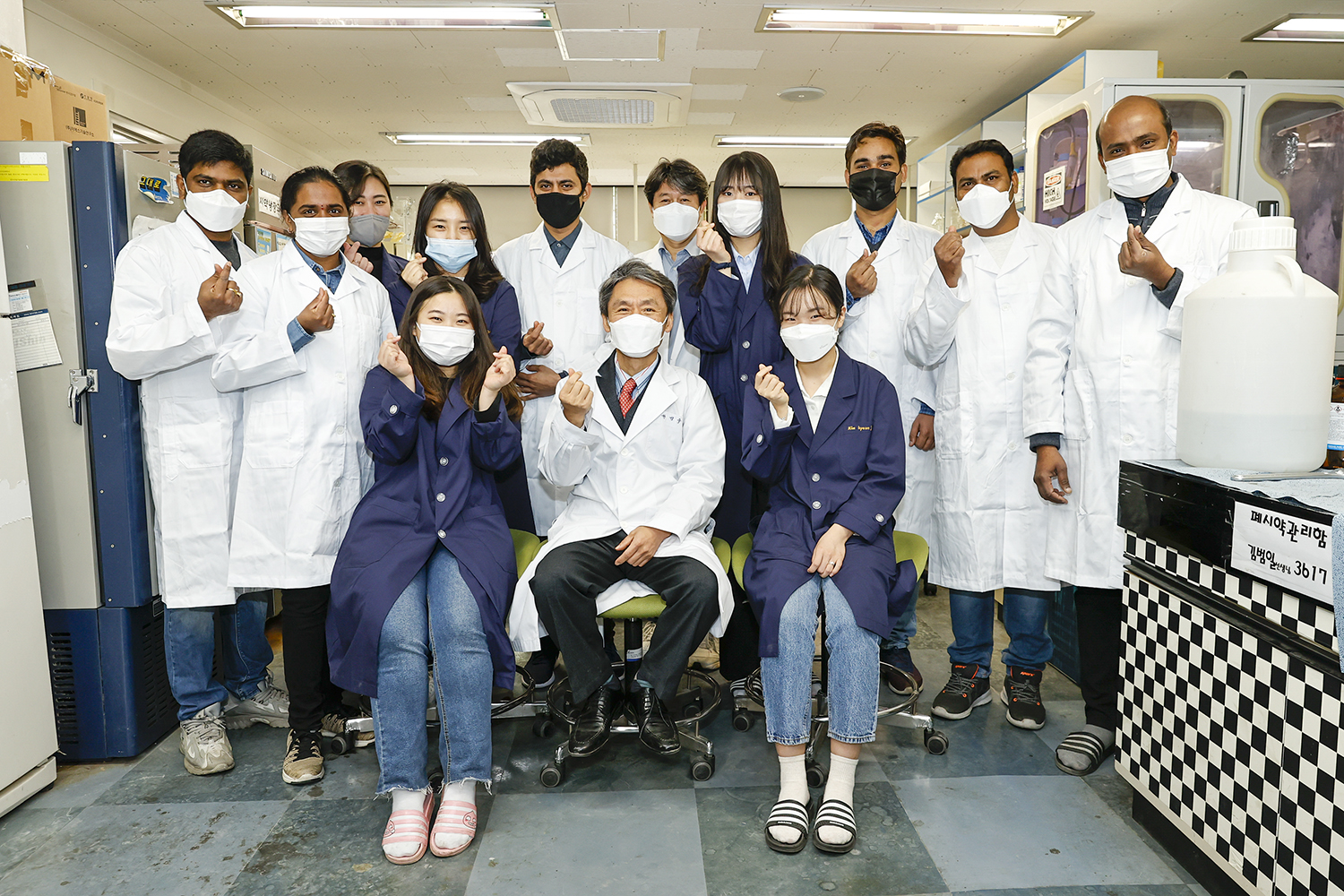YU Creates Foundation for the Future ‘Cultured Meat’ Industry! N
No.89335- Writer pr
- Date : 2021.04.22 13:45
- Views : 8917
Selected as the supervising institute ‘Cell Supporter Development Project for Mass Production of Cultured Meat’ by the Ministry of Agriculture, Food and Rural Affairs.
Receive advanced investment from companies and 1.4 billion KRW in national funding to pursue project... Response to future food shortages
Plans to develop ‘artificial beef’ and begin sales in 2025... Expected to preoccupy the global cultured meat market

YU (President CHOI Oe-chool) will be in charge of ‘cultured meat’ research that will lead the future food industry with government support.
YU School of Chemical Engineering Professor Han Sung-soo’s (Biomaterials Research Lab) Research Team was selected as the supervising institute for the ‘Cell Supporter Development Project for Mass Production of Cultured Meat’. This project is for developing cultured meat, which is artificial beef, being pursued as part of the future-response high value food development project by the Ministry of Agriculture, Food and Rural Affairs and the Korea Institute of Planning and Evaluation for Technology in Food, Agriculture and Forestry. Through the selection for this project, YU will receive 1.4 billion KRW in national funding until 2025 and pursue the project by investing a total of 1.9 billion KRW. This project will be joined by Chungbuk National University and the bio company, Medikan.
Cultured meat is artificial meat made by attaching and culturing cells on edible supporters in a culturing device using cow muscle stem cells and medium (food) at a lab or plant without butchering livestock. It is different from plant-based alternative meat that is currently being sold on the market. By 2050, it is expected that the global population will be 9 billion and meat consumption is estimated at 465 million tons, thus requiring an additional 200 million tons of meat production every year. The only solution to this is developing cultured meat.
Cultured meat is more eco-friendly and has much higher resource efficiency than producing meat using conventional livestock methods. It is possible to reduce land usage by 99%, gas emissions by 96%, and energy consumption by 45%. It will also become possible to eliminate poor ranching environments and the risk of livestock diseases, and also has the advantage in terms of animal welfare related to butchering and to produce beef customized to the tastes of consumers. It is therefore receiving attention as the future food industry.
YU School of Chemical Engineering Professor Han Sung-soo, who is overseeing this project, said, “The global cultured meat market will be born in 2025 and it is expected that it will grow from 140 trillion KRW in 2030 to 700 trillion KRW in 2040, thus accounting for 25% of meat consumption worldwide. The key to the research is recreating the texture, taste and scent of natural beef, and producing it at low costs.” He added, “This study is also designed to complete development by 2025. In particular, this study is being pursued in earnest by global leading researchers and companies in the biotech sector to cope with future food resource shortages and to achieve animal welfare. Investments of 360 billion KRW were raised just last year, and in this business that YU is pursuing, a total of 2 billion KRW in research fund investments over the next five years at 100 million KRW from each of the four companies has been confirmed. Companies also revealed to invest up to a total of 40 billion KRW for commercialization after research is completed, for which discussions are being held, and therefore, there is high possibility for its commercialization.”